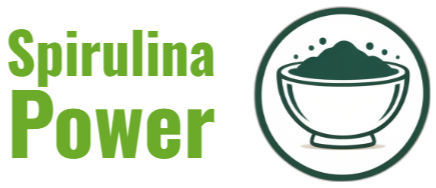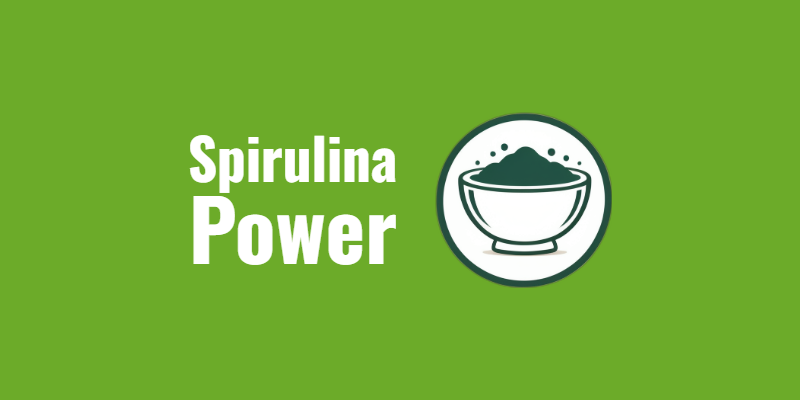
- …
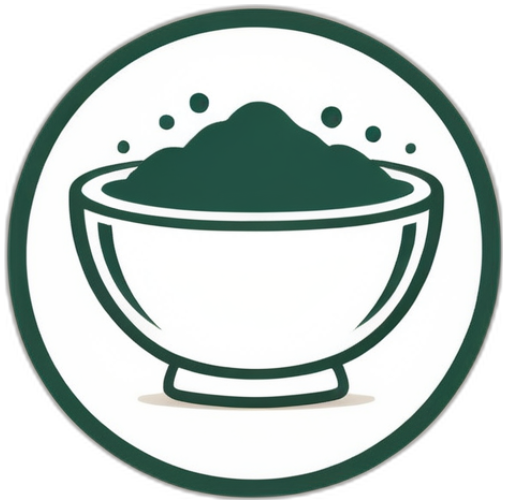
- …

PROTEIN SOURCE
One of Spirulina'smost notable features is its exceptionally high protein content. Protein makes up approximately 50-70% of Spirulina's dry weight, depending on cultivation conditions. This positions Spirulina as one of the richest sources of plant-based protein in the world. Unlike many plant protein sources that may be
incomplete or difficult to digest, Spirulina provides a highly concentrated, bioavailable protein source, making it an excellent choice for people looking to increase their protein intake, especially on a plant-based diet.Spirulina’sprotein is particularly valuable because it contains all the essential amino acids—those that the body cannot synthesize on its own and must obtain from
food. This makes Spirulina a complete protein, a rarity amongplant-based foods. For comparison, most plant-based proteins (such as beans or grains) are often deficient in one or more of the essential amino acids. But Spirulina’s amino acid profile mirrors that of animal-based proteins, making it an ideal option for vegans and vegetarians.CompleteAmino Acid Profile
Spirulina’sprotein is composed of a wide array of amino acids that are crucial for various bodily functions, including muscle repair, immune function, and enzyme
production. Here’s a more detailed breakdown of some key amino acids found in Spirulina and their benefits:Leucine: One of the three branched-chain amino acids (BCAAs), leucine plays a key role in muscle protein synthesis and muscle repair. It helps stimulate muscle growth and recovery, making it particularly beneficial for athletes and those engaged in strength training.
- Valine: Also a BCAA, valine aids in muscle recovery and energy production. It helps reduce muscle tissue breakdown, which is important for overall muscle maintenance during periods of physical stress or exercise.
- Isoleucine: The third BCAA in Spirulina, isoleucine supports muscle metabolism, blood sugar regulation, and energ production. It is vital for maintaining balanced blood sugar levels, especially during exercise, and aids in muscle tissue repair and recovery.
- Lysine: This essential amino acid plays a crucial role in collagen formation, which is vital for skin, bone, and connective tissue health. It also supports the immune system by helping the body absorb calcium and produce antibodies.
- Phenylalanine: This amino acid acts as a precursor to several important neurotransmitters, including dopamine, norepinephrine, and epinephrine, which are involved in mood regulation, focus, and alertness. It is also a precursor to the amino acid tyrosine, which plays a role in thyroid function and the production of certain hormones.
- Threonine: This amino acid helps in the formation of collagen and elastin, important for skin, joints, and connective tissues. It also supports the digestive system and helps maintain proper protein balance in the body.
- Methionine: This sulfur-containing amino acid is important for the body’s detoxification processes and helps with the absorption of other nutrients. It also supports healthy hair and skin.
Highly Digestible Protein
In additionto its complete amino acid profile, the protein in Spirulina is exceptionally digestible. The protein is bound to polysaccharides (complex sugars), but the
cell wall of Spirulina is soft and easily broken down, which means that the protein is more readily absorbed than that from many other plant-based sources.
This makes Spirulina a superior protein option compared to other plant-based foods such as beans, lentils, or quinoa, which may have less digestible or
lower-quality protein.WhySpirulina is Ideal for Vegetarians and Vegans
Forvegetarians, vegans, or anyone following a plant-based diet, Spirulina offers a rich, easily digestible, and complete protein source. Unlike soy or legumes,
which may require cooking or preparation to improve digestibility, Spirulina can be consumed raw in powder, tablet, or capsule form, making it convenient
and quick to add to your diet.Comparisonto Other Protein Sources
Whencompared to other plant-based protein sources, Spirulina offers a higher protein concentration and bioavailability. For instance, soybeans, which are
often considered one of the best plant protein sources, contain about 36% protein by dry weight, while Spirulina’s protein content is nearly double that.
Additionally, legumes like lentils or chickpeas provide around 20-30% protein by weight, but their protein is not as complete as Spirulina’s, making Spirulina an excellent alternative or supplement for those who need higherprotein intake or struggle with protein absorptionKEY VITAMINS
Spirulina is particularly rich in B vitamins, which play a crucial role in energy production, brain function, and red blood cell formation.
Vitamin B1 (Thiamine): Supports energy metabolism and nervous system function.
Vitamin B2 (Riboflavin): Important for the production of energy and the maintenance of healthy skin and eyes.
Vitamin B3 (Niacin): Helps with DNA repair, energy production, and lowering cholesterol levels.
Vitamin B6 (Pyridoxine): Vital for amino acid metabolism and neurotransmitter synthesis.
Vitamin B12 (Cobalamin): While Spirulina contains a form of B12, known as pseudovitamin B12, which is less bioavailable to humans, it can still contribute to dietary intake, though it shouldn’t be relied upon as the sole source of B12.
Other Important Vitamins
Vitamin A (as Beta-Carotene): Spirulina is an excellent source of beta-carotene, a precursor to Vitamin A. Vitamin A is crucial for vision, immune function, and skin health. Spirulina contains 10 times more beta-carotene than carrots.
Vitamin C: Spirulina contains moderate amounts of Vitamin C, an antioxidant that supports immune health and skin integrity.
Vitamin E: This fat-soluble vitamin functions as a potent antioxidant, protecting cells from oxidative damage.
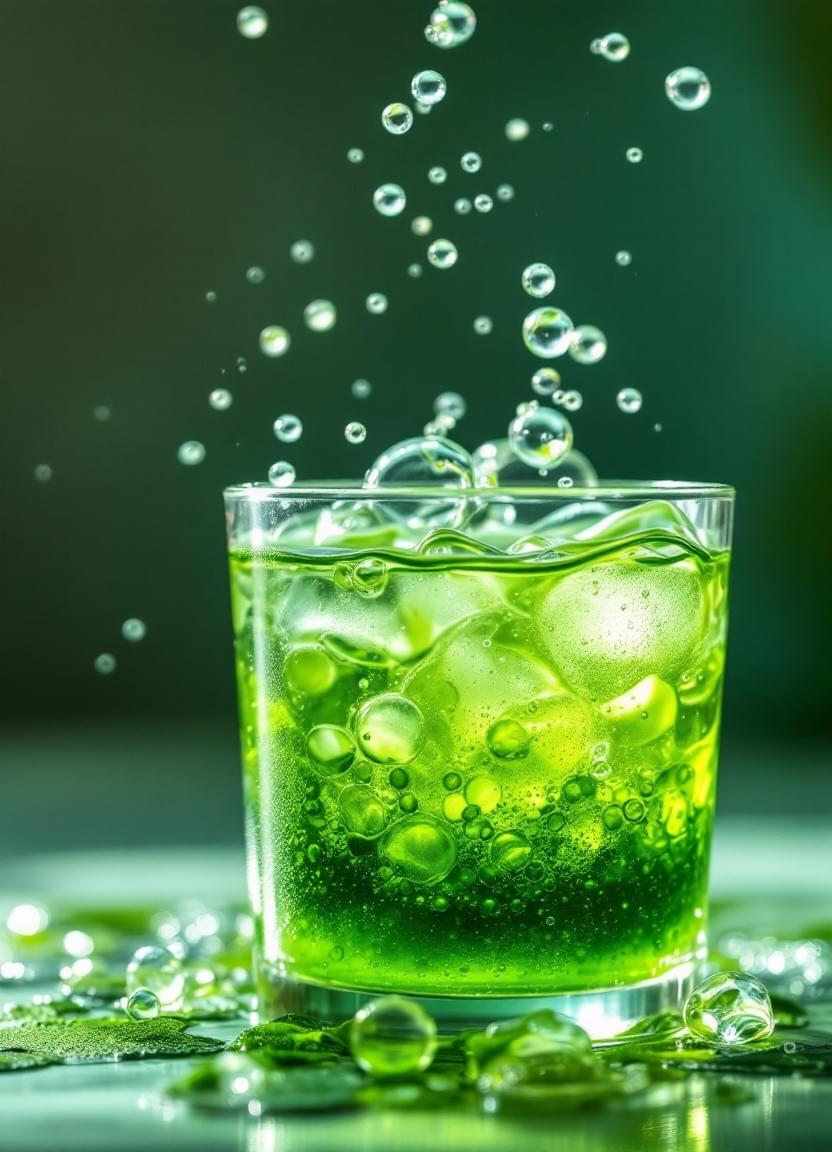
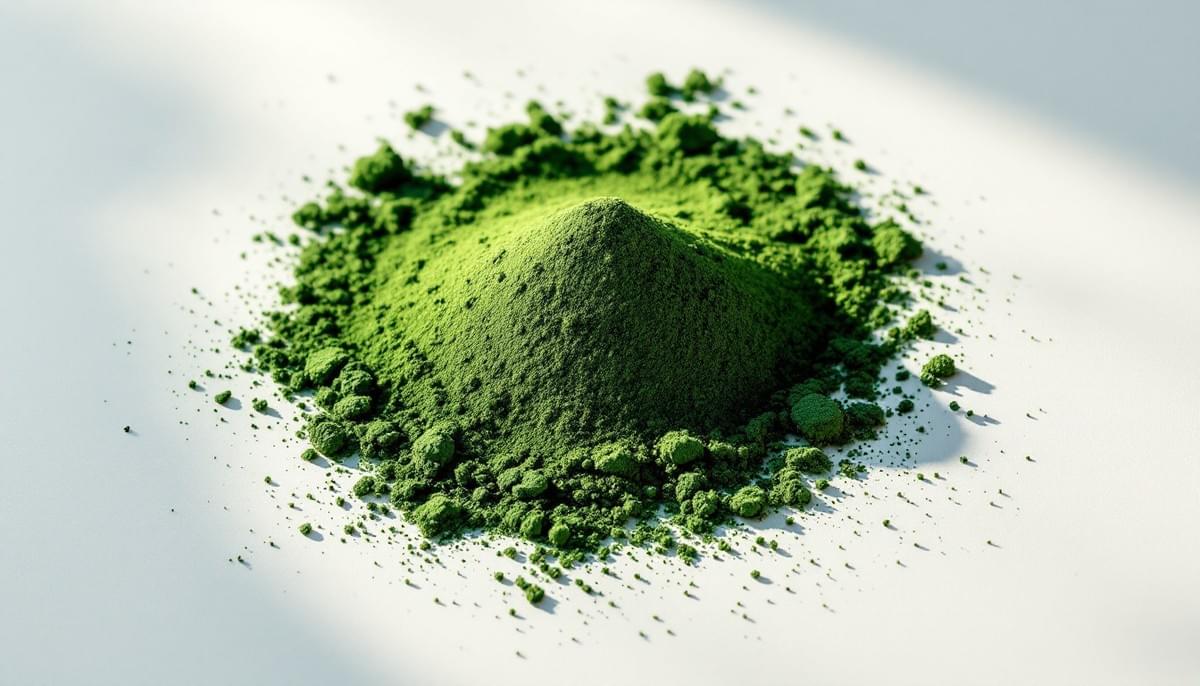
ESSENTIAL MINERALS & TRACE MINERALS
Spirulina is a rich source of vital minerals that are essential for various biochemical processes in the body:
Iron: Spirulina contains more iron per gram than spinach. Iron is crucial for oxygen transport in the blood and energy metabolism. In 100g of Spirulina, there’s around 28mg of iron, which is about 3.5 times the daily recommended intake for an average adult.
Calcium: Essential for bone health and muscle function, Spirulina contains more calcium than milk, with around 120mg of calcium per 100g.
Magnesium: magnesium is essential for muscle function, energy production, and maintaining normal heart rhythm. Spirulina provides around 195mg per 100g.
Potassium: Important for maintaining fluid balance, nerve signals, and muscle contractions, Spirulina contains about 1363mg per 100g, more than many fruits and vegetables.
Phosphorus: Essential for bone and teeth formation, Spirulina offers about 118mg of phosphorus per 100g.
Spirulina also provides trace minerals, which are required in smaller amounts but are still crucial for health
Zinc: Supports immune function, DNA synthesis, and protein production.
Manganese: Important for bone health, metabolism, and antioxidant defenses.
Selenium: Functions as a powerful antioxidant and supports thyroid health.
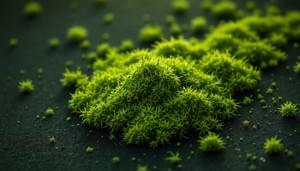
Address
Palli Wasalpaduwa
Koththanthivu 61252
Sri Lanka
-----------------------------------
Marienburger Strasse 16
56112 Lahnstein
Germany
Telephone
+94 74 079 7047 Sri Lanka (GMT+5:30)
------------------------------------
+49 176 471 77751 Germany (CET)
info@
Spirulina Power © 2024 by Lumenoeva (Pvt) Limited

